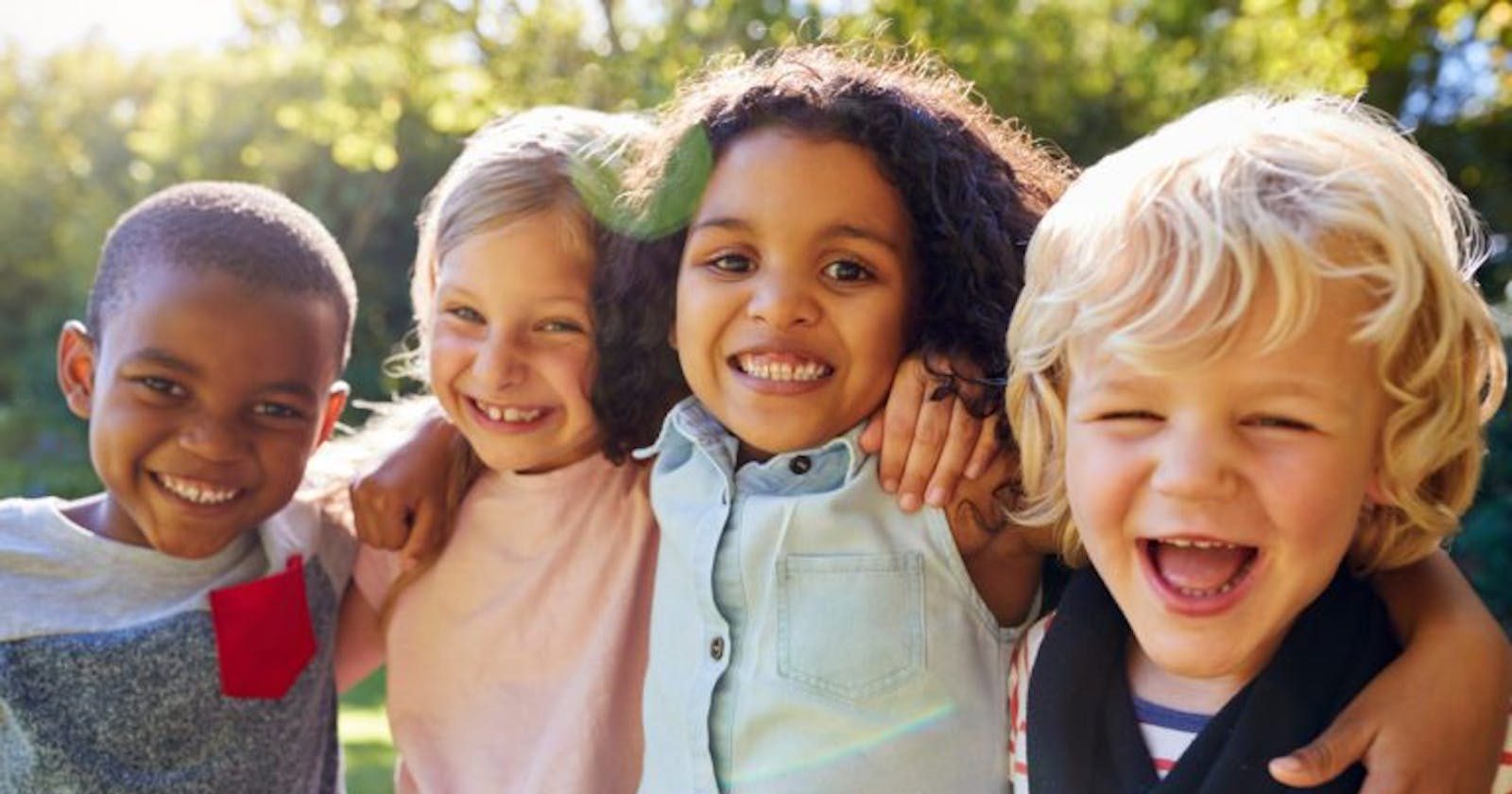Social emotional Learning (SEL) is a deliberate way to deal with training that spotlights creating fundamental social and close-to-home abilities in understudies. These abilities envelop many skills, including mindfulness, self-guideline, sympathy, correspondence, critical thinking, and navigation. SEL expects to encourage the capacity to appreciate anyone at their core and advance positive ways of behaving in people.
The Significance of Social Emotional Learning (SEL):
SEL social emotional development has acquired huge consideration in the field of training and past because of improving individual and relational growth potential. It isn't simply a pattern but a basic part of training that outfits understudies with crucial fundamental abilities.
The capacity to appreciate anyone at their core:
SEL helps people comprehend and deal with their feelings. This capacity is critical for using wise judgment, keeping up with solid connections, and adapting to pressure. By developing the capacity to appreciate people at their core, understudies become better prepared to explore life's difficulties.
Positive Way of behaving:
SEL programs advance positive ways of behaving, like sympathy, consideration, and compromise. These abilities are fundamental in forestalling, tormenting, and encouraging comprehensive and deferential school conditions. In a more extensive setting, they add to the improvement of capable and moral residents.
Scholastic Achievement:
A solid connection between close-to-home well-being and scholarly accomplishment. Understudies who have solid SEL abilities will generally perform better in school. They are more mindful, tenacious, and ready to team up really with friends and educators.
Emotional wellness:
In a period when psychological well-being issues are on the ascent, SEL can be a preventive measure. It helps understudies perceive and adapt to their feelings, lessening the probability of creating emotional wellness issues sometime down the road.
Compromise:
SEL furnishes people with compromised abilities. Showing understudies how to address debates calmly and valuably can add to more secure schools and a more agreeable society.
Vocation Achievement:
The abilities procured through SEL are not restricted to the study hall. They are additionally important in the science of education. Businesses progressively esteem the capacity to understand people on a deeper level, as it prompts better collaboration and initiative, making SEL a drawn-out interest in an understudy's future vocation.
Long lasting Learning:
SEL encourages an adoration for learning and versatility. It energizes a development mentality, where people view difficulties as any open doors for development instead of hindrances.
Social Incorporation:
SEL helps in making a more comprehensive society. It gives devices to address generalization, inclinations, and biases, advancing appreciation for variety and value.
Counteraction of Hazardous Ways of Behaving:
Young people with major areas of strength with abilities are more averse to participating in unsafe ways of behaving, for example, substance misuse or brutality. SEL goes about as a defensive figure in their lives.
Strength:
SEL cultivates strength, empowering understudies to return from misfortunes. This is a critical expertise in our current reality where difficulty is unavoidable.
Further developed Connections:
SEL improves the nature of individual connections. It assists people with conveying, figuring out others' points of view, and assembling further associations.
Conclusion:
Social emotional Learning isn't an extravagance but a need in the present instructive scene. It enables understudies with the abilities and mentalities they need to prevail in school, work, and life. It cultivates sympathy, strength, and the capacity to appreciate people at their core, which are all crucial in our mind-boggling and interconnected world. The significance of SEL reaches a long way past the study hall, influencing the prosperity and progress of people and society in general. It's an important interest in store for our kids and our networks.
